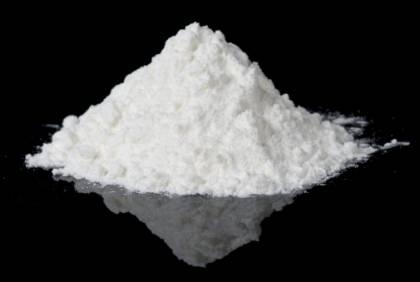Sports Nutrition Insider


Biocreat
Q. I’ve heard about many advances in creatine supplementation over the years, but is there any science or research that shows that they really work?
A. Creatine monohydrate is one of the most commonly researched and ingested sports supplements today. It’s fast becoming one of the most popular components of sports nutrition and ergogenic aids among athletes, especially power athletes such as weightlifters and football players. Substantial work has been done to try to improve creatine supplementation over the last decade, but the majority of these discoveries have been little more than marketing hype.
The last major breakthrough in creatine delivery was by Dr. Paul Greenhaff in 1994, when he discovered that very high levels of carbohydrates or simple sugars such as dextrose can improve creatine delivery and improve the associated benefits of creatine supplementation (i.e., increased muscle mass and strength). Since then, companies have been trying to improve the action of creatine by changing the creatine molecule itself, making it an ester (e.g., ethyl ester) or salt (e.g., citrate, pyruvate, malate decanoate), or combining it with other compounds (e.g., creatine amino-butyrate, creatine D-ketoglutarate, creatine pyroglutamate). These new molecules or compounds don’t have the research support that creatine monohydrate does and have consistently been shown in the research to be less effective. With these failures, supplement companies decided to look at ways to improve the delivery of creatine rather than change the actual chemical structure. Various compounds and botanicals have been investigated, but much of the research is so preliminary that one cannot make many conclusions. For example, an abstract released in 2008 suggested that an extract from the herb Russian tarragon may influence plasma creatine levels; however, the results are inconclusive regarding creatine uptake, retention, or any of the common benefits of creatine.
Advancements in the science of creatine were essentially stalled until June of this year when a research study was published in the Journal of Sports Science Medicine comparing traditional creatine dosing (creatine + carbohydrates) versus creatine dosing using creatine + fenugreek extract. The results of this eight-week study were amazing and will represent the future of creatine supplementation, as it eliminates the need for carbohydrates to improve creatine delivery. Without loading, subjects ingesting creatine plus the standardized fenugreek extract significantly increased strength and muscle mass and reduced body fat compared to those taking a placebo. Effectively, creatine + fenugreek treatment provided all the benefits of traditional creatine supplementation without the added calories! No loading, no sugar, no crash! With some investigative work, I was able to pinpoint the specifics of the creatine + fenugreek compound in an abstract published by the International Society of Sport Nutrition in 2009. This innovative, revolutionary ingredient, trademarked Biocreat™, was discovered by Indus Biotech, a drug discovery company that has developed proprietary technology to isolate, purify, and stabilize pharmaceutically active components from botanical sources.
Currently, this cutting-edge ingredient is available for product development from CPC Nutrition (www.cpcnutrition.com).

